
Mountains, hills, rivers, forest, paddy fields – there are stories everywhere in Kandhamal. Many of these stories are intense revolving around various forms of nature worship. From ages, Kondhs, Gonds and Dombs have been dwelling here in close association with their natural world. Through the constant relationship with mountains, forests and waterfalls, the aborigines of Kandhamal have constructed meanings of their alliance with nature. Over some time they realized – these creations of nature control their life and birth; without their blessings, they would die out of hunger, diseases and through conflict among the community members. They acquired the status of gods and goddesses. The faith in nature gave rise to the ideas for many festivals bringing all community members together from time to time. Before the sowing season and after the harvest, the entire highlands of Kandhamal go live with reciting of aboriginal hymns, rituals and sacrificing country chickens to appease the mountain gods. Chhachinga, Basuganda and Siling are three small villages of Kutia Kondhs located in the foothills of Belghar Mountains. In January 2020 I had got a chance to witness Punikalu Puja, a harvest festival celebrated in these villages surrounded by mystic mountains, forest and cascading mountain streams. This was my first experience to witness the relationship between the tribe with their mountain gods.
Armed with this knowledge I set off for a visit to Chhachinga and Basuganda villages guided by Pramod Sir, a repository of local knowledge on day one.
Upon we arrived at Chhachinga Village, we were drawn to the adjacent mountain slope, where the mountain god was being appeased. A chicken was sacrificed and its blood was sprinkled over the deity’s body, nothing but a mere grounded stone. The troop consisting of Jani (the priest) and other boys returned to the village accompanied by music after the ritual was over. In the next stage, I got the chance to witness the ritual at the dark interior of Jani’s house where an elaborate ritual was carried out to appease the spirit god. Sacrificing yet another chicken was integral to this ritual. It is customary to feed the chicken well before its sacrifice. The chicken had to eat grains of rice from the palms of the jani and his wife. After the chicken was killed its blood was again sprinkled over the body of the spirit.
While we were relishing our food, the outside, near the shrine of Dharani Penu had turned into a stage of intense ritual activities. The sacred space was occupied with sundried rice, turmeric, ladles of gourd skin (lau tumba), shala and shiali leaves, incense, wine and newly harvested simba (broad beans). While the Jani was chanting hymns a couple of other men stood behind him with folded hands. A woman stood a little away holding a live chicken. The puja went for a couple of hours, non-stop.
We left for the Basuganda village in the afternoon. It was a 30 min walk on the jungle road. The village appeared more tranquil and isolated from Chhachinga. The Zakeri shrine in the middle of the village was the sacred space for Punikalu, which appeared almost similar to what I had witnessed in the previous village. One of the major draws of the puja is the gathering of cooked rice and vegetables and katul drink made out of cooked rice. There is a strong community bond and everything is shared. Chanting of hymns that have a link to thousands of years of historical experiences moved my soul. I felt as if I was in a Stone Age setting. After the puja was over the Jani and his two associates left for yet another sacred space outside the village near a mountain stream. It was according to them the original abode of Dharani Penu. The shrine was nothing but an assembly of three polished stones smeared with turmeric. A 30 min ritual transported me to yet another world. The earth chants, the sacrifice of a chicken and sprinkling its blood over the humble stones may appear primitive and superstitious to an outsider like me but when I deeply reflected I started drawing answers to a series of questions that had piqued my mind as an archaeologist on origin and evolution of human consciousness, constructing the meaning of the natural world through continuous dialogues with the hills, mountain streams, forest, sky, earth and the animals.
Yes, killing an animal to appease a spirit god is not justified. But in a world, we live where the killing of millions of animals for human consumption is a daily affair, this humble act of killing a few hundred chickens should not be seen as an offence. Moreover, Kutia Kondhs need to be respected for their deep association with nature, understanding and practising of coexistence and harmonious living, an idea that is felt highly relevant in the ongoing turbulent time.

By Travel Diaries
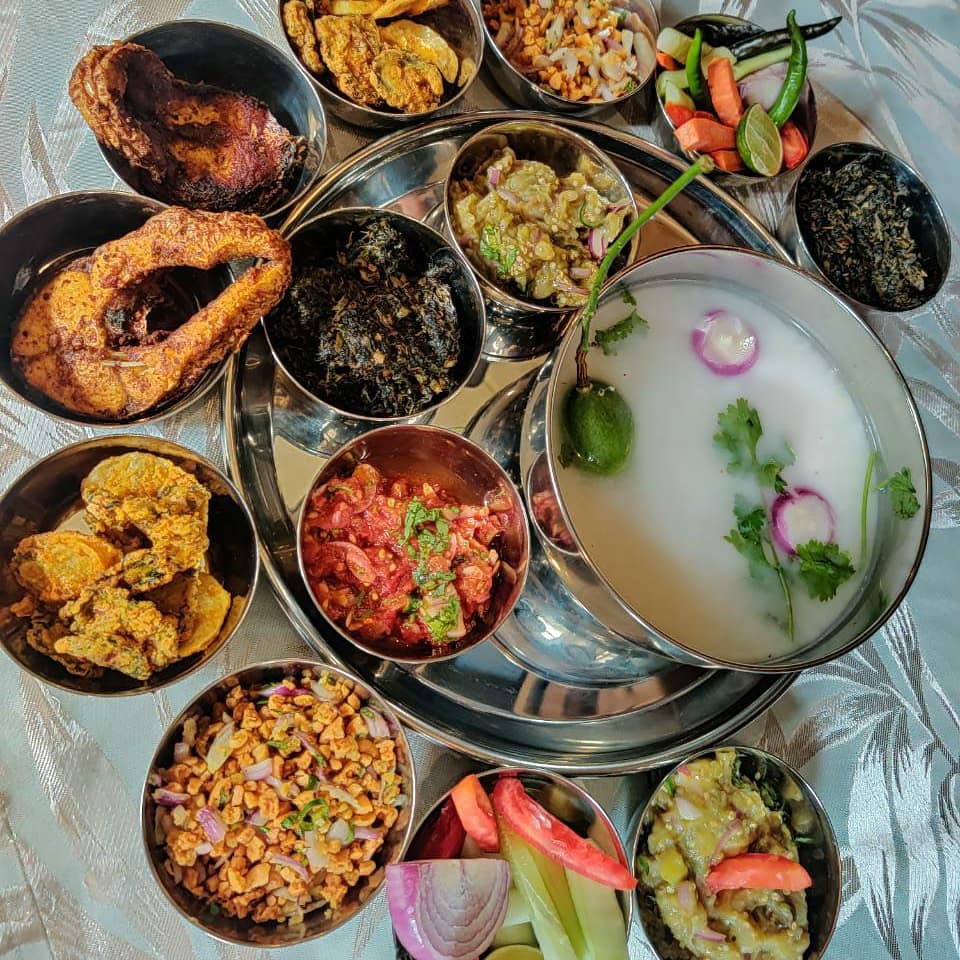
The soul food of Odisha
19 Mar 2024
CHILIKA ODYSSEY : EXPLORING THE RICH AVIAN ...
14 Feb 2024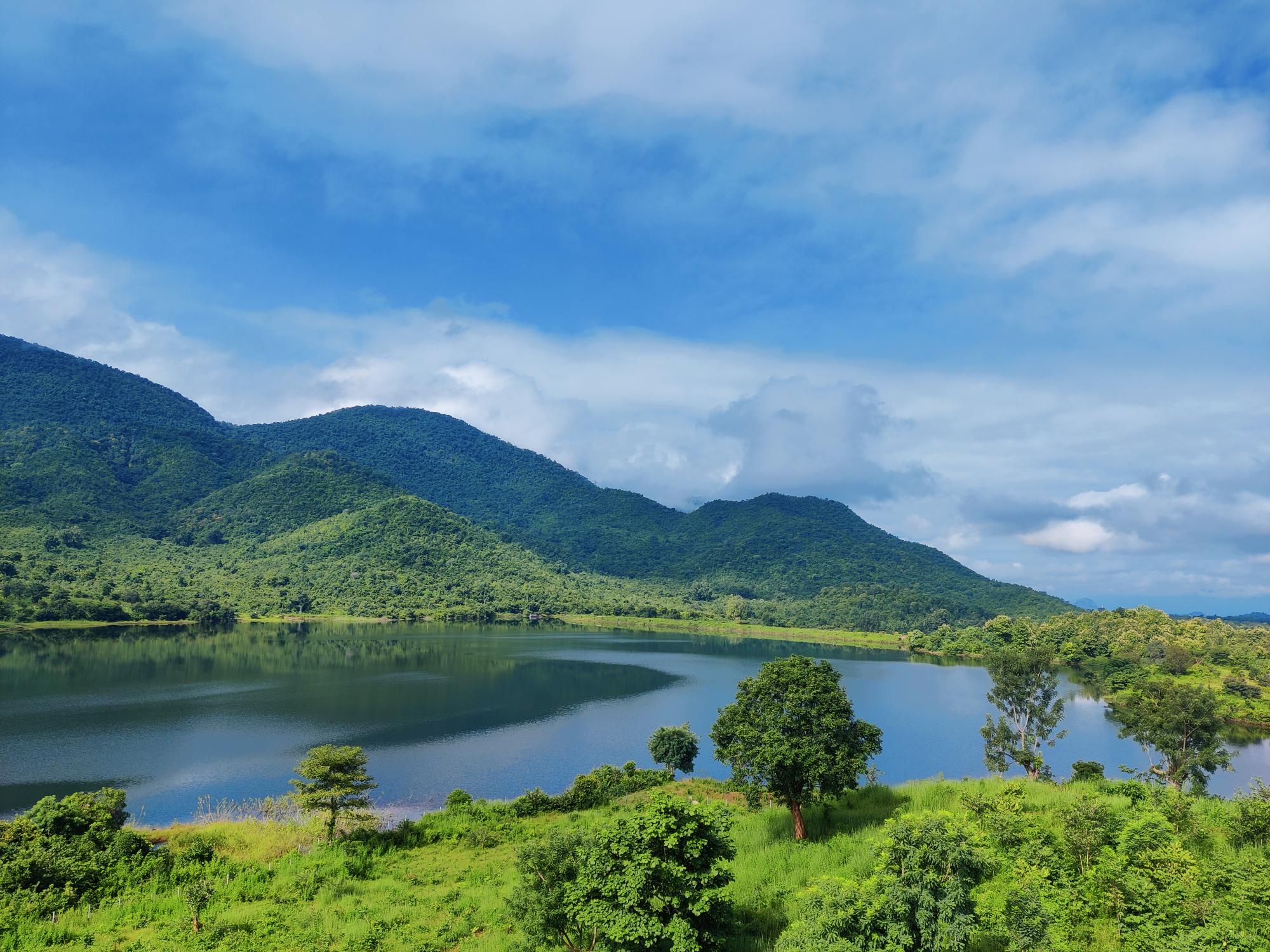
RABANDHARA ECO TOURISM
08 May 2023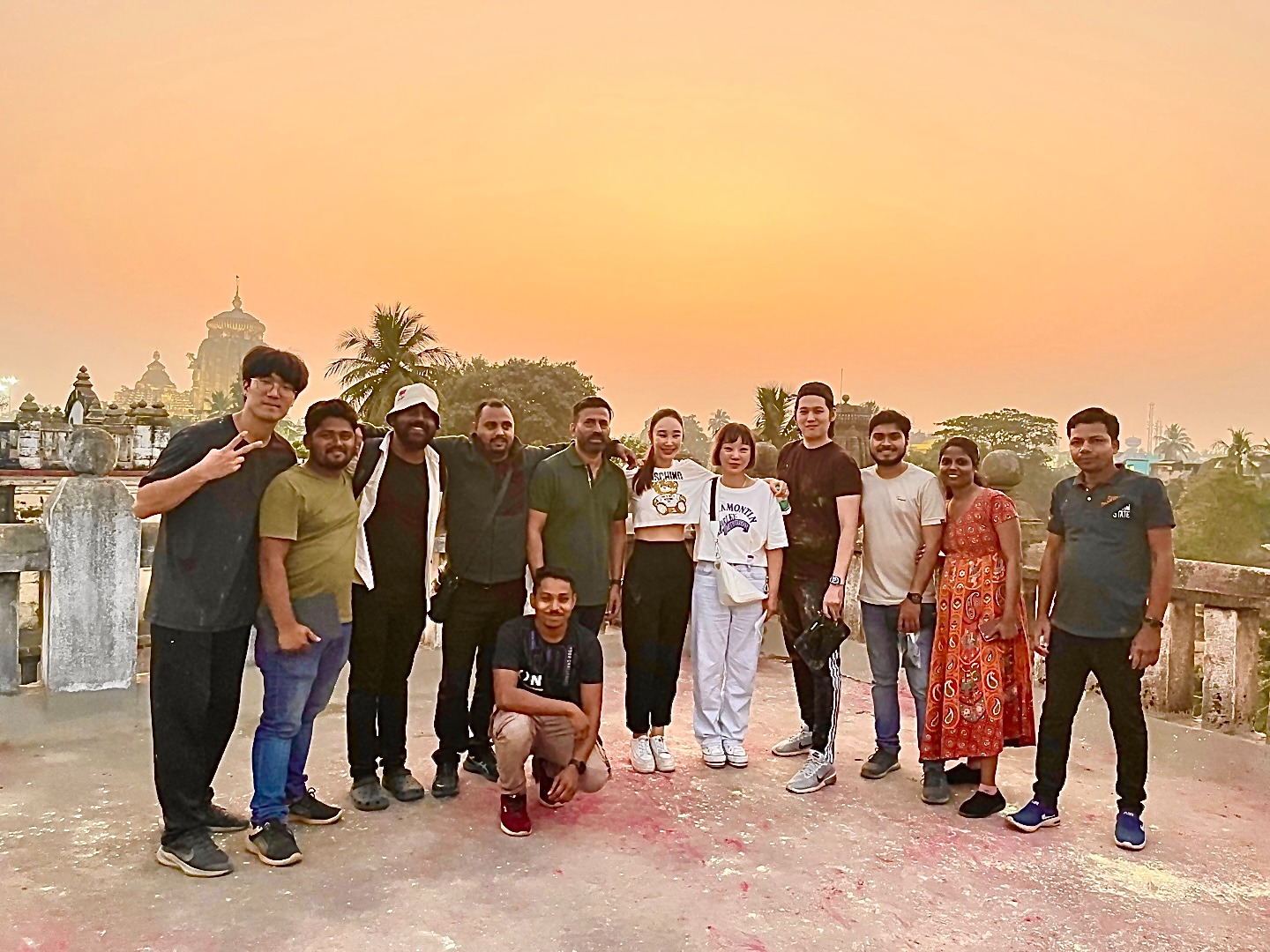
Filming vivid colours of Bhubaneswar with ...
13 Apr 2023
Spellbound Odisha a picture perfect ...
03 Feb 2023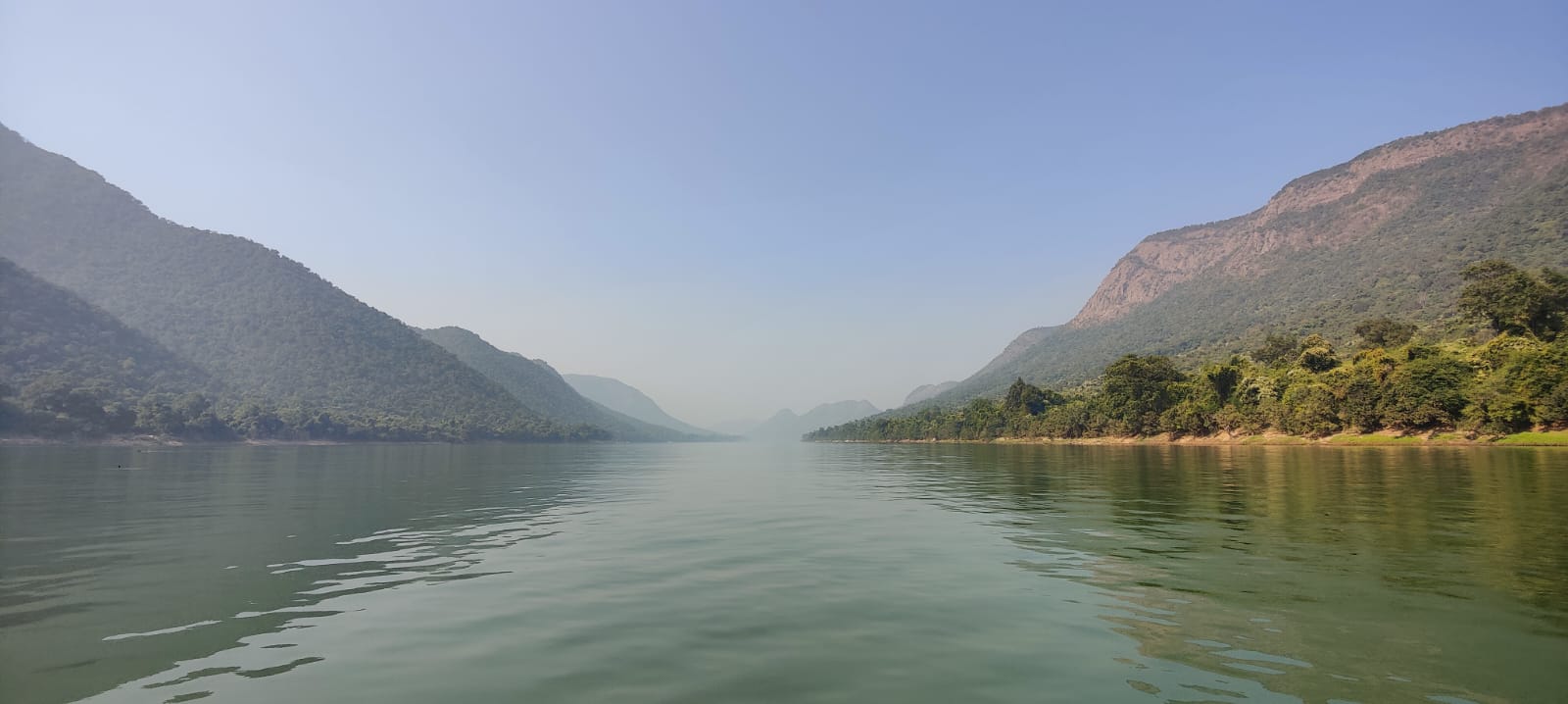
Satkosia a Nature’s Treasure Trove
03 Feb 2023
Odisha Wildlife in 4K
02 Jan 2023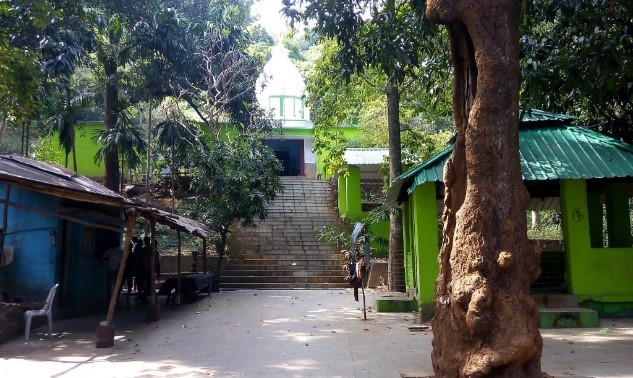
SAPTASAJYA-A Heavenly Tourist Destination
10 Oct 2022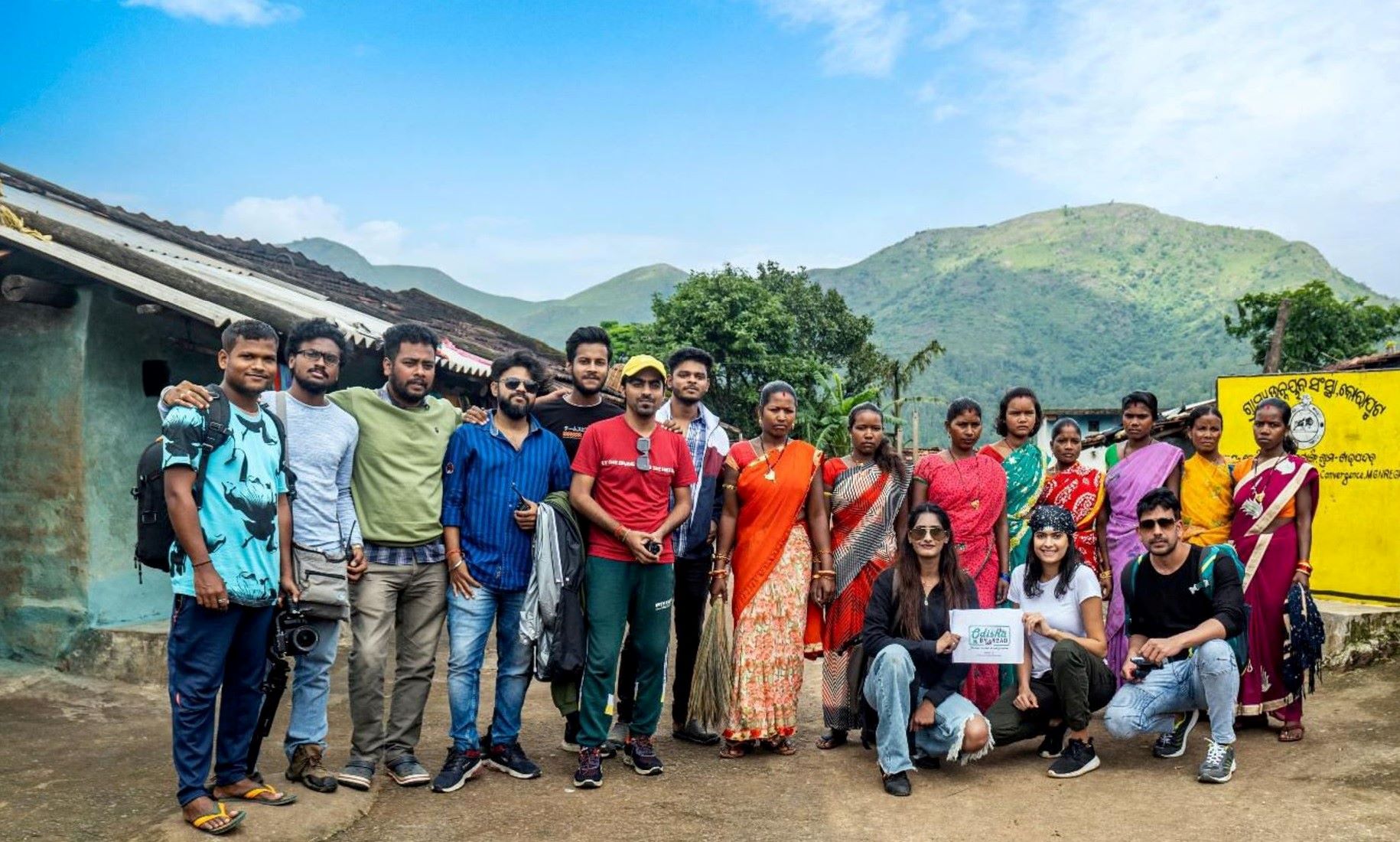
ODISHA BY ROAD 3.0-BEHIND THE SCENES
10 Oct 2022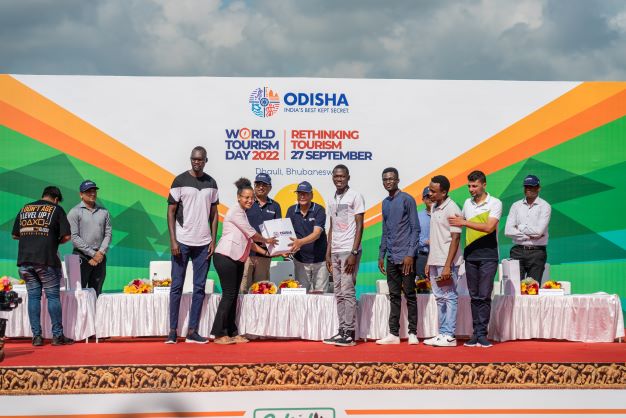
My experiences on World Tourism Day
10 Oct 2022
Comments